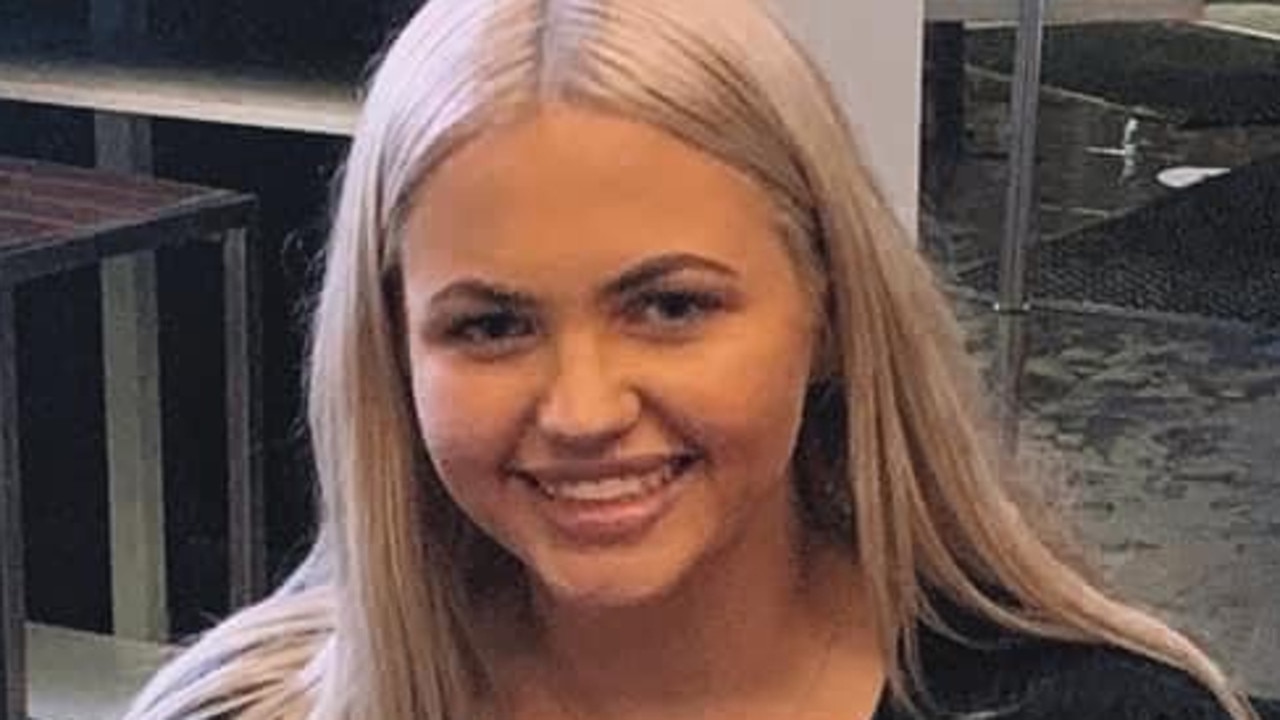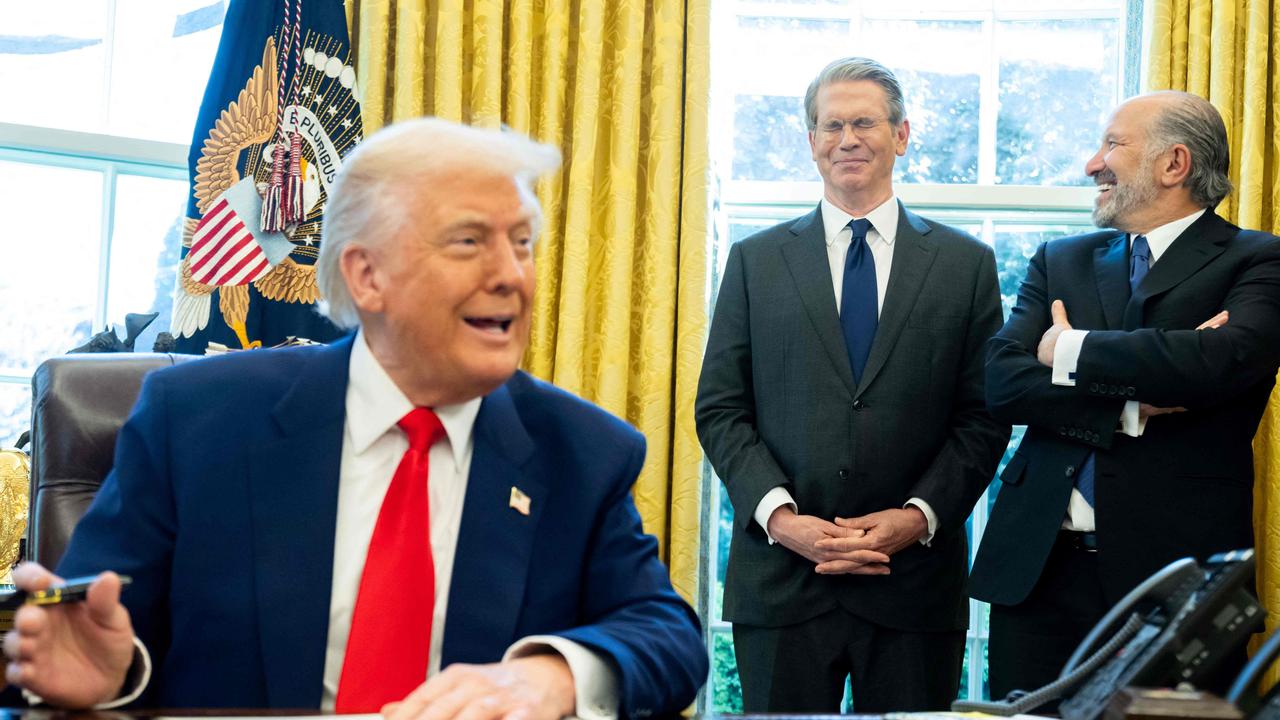Was ScoMo's terror response needed or a knee-jerk reaction?
Radical show of political restraint as PM responds to Melbourne terror attack

Opinion
Don't miss out on the headlines from Opinion. Followed categories will be added to My News.
IT'S been a rather horrid week.
A week where events in Melbourne had the potential for the ugly side of politics to overshadow a tragedy.
It's only a couple of weeks until the Victoria state election, so we can all be grateful that politicians acted with some restraint and didn't dishonour the memory of a wonderful man by seeking to make capital from his murder.
That they didn't take an opportunity to bash either the other party or a section of the community.
Populist leaders were oddly silent (whether that be because they're finally displaying a level of maturity or their comments weren't sought out by the media).
However, it was still a little disappointing to see our PM weigh in with his opinion on the mental state of the perpetrator.
I'd like to see ScoMo's medical qualifications to comment on mental health.
It's too soon for anyone to have done a proper examination on that, although he does have a point in terms of his call to the community to report suspicious behaviour.
Just like a priest has a responsibility to report abuse and a neighbour has a responsibility to report domestic violence, we know it's a failing of not just a few in any community.
But was the PM making an appeal to the Somali community or the broader Muslim community for intelligence, or was his appeal flavoured with a dash of an accusatory tone? And is that either justified or helpful?
We now know this individual was known to authorities and it's an unfortunate reality that our security forces will never be able to stop every potential attack, although it should also be said that our security forces must be commended for preventing what we've been told has been a number of foiled crimes.
Obviously, we would want any community to alert authorities of anyone they think could be at risk of being radicalised.
But was ScoMo experiencing a knee-jerk reaction if he was accusing a certain ethnic community of not doing enough? Or was he playing to the populist element?
We clearly do have a problem with radicalisation within elements of the Islamic community. But how do we know that they are being on the whole uncooperative? If you were providing information to the intelligence authorities, would you want it known?
Many of these communities are from countries where the rulers were oppressive dictators, so one can understand there would be deeply ingrained trust issues. So, if anyone within those communities is providing our intelligence agencies with information, you wouldn't want to promote the fact.
So it is possibly a little false for ScoMo to accuse people of not doing so.
It would be nice to think that our intelligence and security agencies were always on the same page as our politicians. But one has to think that ideal is not always the case. Politicians have a luxury not afforded to those agencies: they can say just about anything in public.
The perpetrator of last week's horror, of course, shoulders 99.9 per cent of the blame. But where should the remainder be apportioned, if indeed it is fair to be apportioning blame?
His family and peer group (from which we've been told he had withdrawn)? His community? His cleric? The intelligence agencies (for not keeping a closer eye on him)?
One detail is known: that he came to the attention of authorities when he tried to leave Australia to fight for Islamic State.
His passport was cancelled and so he remained here to apparently slip further into darkness and hatred without anyone keeping a watch on him.
So, if blame should be apportioned, should we not include politicians on the list?
The policy which dictated that all potential I.S. fighters were to be stopped at the border may have been a flawed one. Flawed insofar as stopping them on the wrong side of the border. Why were they not allowed to leave? To hopefully blast themselves into oblivion in the Hell of their own creation? Why would we not be able to stop them returning?
If we can ship little kids off to Nauru then the argument must be made that we should be able to stop these monsters from getting back to this country.
It's an issue we should probably revisit.


